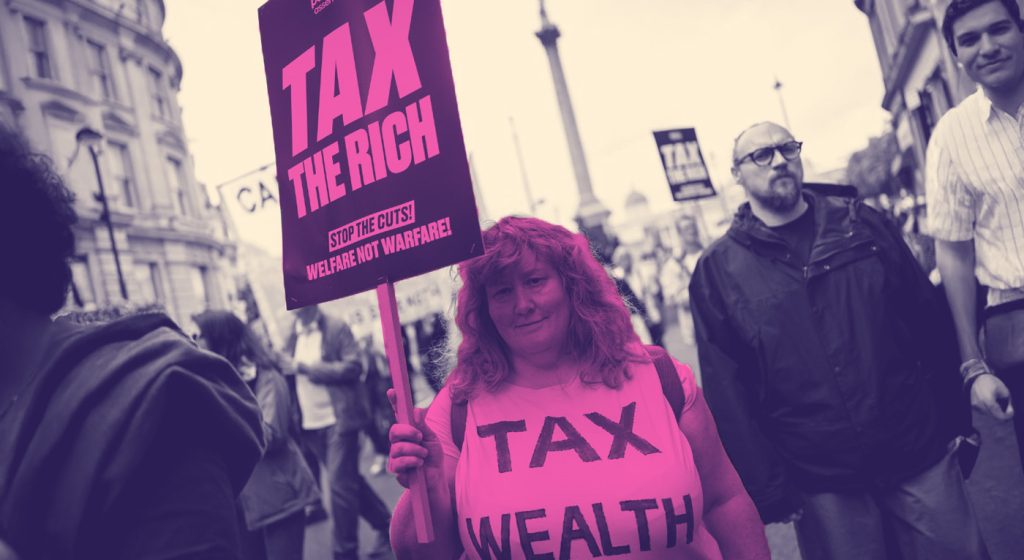
Tax Justice | EFE
Leveraging the CELAC–EU Summit in Colombia to promote a fair fiscal agenda
Por: Mariana Matamoros | November 7, 2025
The CELAC–EU Summit transcends diplomacy to become a space where two regions, with different fiscal trajectories but common challenges, can jointly address the imbalances in the global tax system, from tax evasion by large corporations to unfair competition between countries to attract investment.
In this context, Colombia, as pro tempore president of the Community of Latin American and Caribbean States (CELAC), has a key opportunity before it: to promote an international fiscal cooperation agenda that goes beyond the commercial approach and focuses on what really sustains development, namely the capacity of states to finance education, health, social protection, and the transition to greener economies.
A bi-regional fiscal agenda would allow progress toward more equitable and transparent tax systems. In Latin America, for example, an important step has already been taken: the Latin American and Caribbean Taxation Platform (PTLAC), which, in its two years of existence, has made concrete recommendations on progressive taxes, green taxes, and the evaluation of tax incentives. These are urgent and necessary discussions to achieve taxation that is consistent with sustainable development and the principles of social and environmental justice.
At the global level, another key milestone is the United Nations Framework Convention on International Tax Cooperation, negotiations for which began in August of this year. Although it is in its early stages, its relevance is enormous: it seeks to establish an international tax system geared toward sustainable development in its three dimensions—economic, social, and environmental—and explicitly incorporates human rights principles into its framework. This convention represents a unique opportunity to balance the global tax system, currently dominated by more restrictive frameworks such as those of the OECD.
The Seville Commitment, recently adopted during the Fourth Conference on Financing for Development, also set a clear path forward. This agreement proposes advancements on essential issues such as gender-responsive taxation, financing social protection systems, and creating global transparency mechanisms—such as a public database of country-by-country reports for multinationals or a global register of beneficial owners of companies. However, there is still no systematic effort to integrate these commitments into global negotiations.
That is why the CELAC–EU Summit in Santa Marta cannot be just a forum for speeches. It must be a real opportunity to connect these processes, align commitments, and plan for fairer and more effective fiscal cooperation. Although the European Union has taken ambiguous positions on the UN Fiscal Convention, now is the time to commit to a renewed multilateralism that is more inclusive and committed to global equity.
In a context of climate crisis, inequality, and mistrust in institutions, tax justice can be the bridge that unites both regions in an agenda of sustainable development and human rights.
What should happen at the official sessions in Santa Marta?
- Fair taxation should be included in the bi-regional declaration. The final communiqué should explicitly recognize the need to strengthen international tax cooperation and support the UN Tax Convention.
- Support the Latin American and Caribbean Taxation Platform (PTLAC) as a technical and political space to advance progressive, green, and rights-based taxation.
- Reaffirm the link between fiscal policy and human rights, ensuring that bi-regional cooperation promotes gender equality, social protection, and ecological transition.
If Santa Marta manages to translate rhetoric into concrete fiscal commitments, the CELAC-EU relationship could be transformed into a strategic alliance for sustainable development, where fiscal justice ceases to be a promise and becomes the driving force behind a new global social pact.



